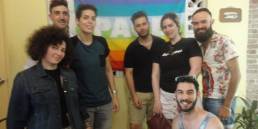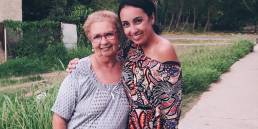Mi padre me ha enseñado que hay que apreciar, respetar y conectar con mi cultura y mi historia.
My father left Cuba in the Mariel boatlift of 1980, in which as many as 120,000 Cubans made a traumatic exodus to the United States. He was born in Havana in 1964, five years after Fidel Castro seized power, into a family of entertainers. My grandfather, Miguel Cancio, founded the popular 60s band Los Zafiros, along with my grandmother’s brother, Kiki Morúa. My grandmother, Monica Leticia Morua, a musician in her own right, was known as the “Voz de Crystal.”
As a young boy, my father had a dream to become a great doctor like my great grandfather, Dr. Leoncio Morua. He was able to attend a boarding school in the province of Matanzas. When he was sixteen, he was caught telling a joke based on Pepito, a famous Cuban character. My father and his friends were hauled in by the school authorities, and were told that they were being expelled for betraying the trust of the revolution. My grandmother, fearing my father’s future in Cuba, decided it was time to leave the country.
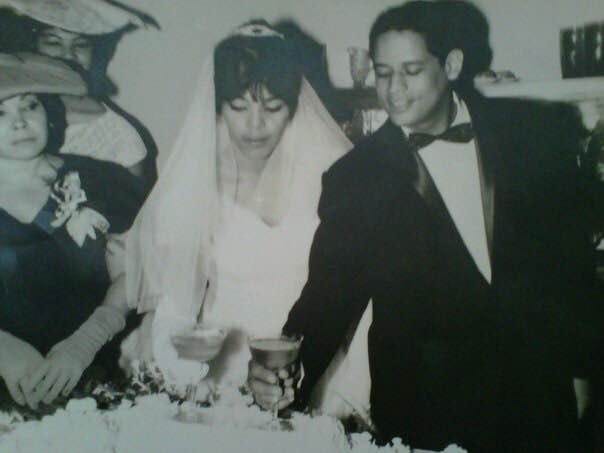
At that time, there was no legal way to leave Cuba. Then, in April, 1980, an incident at the Peruvian Embassy caused Castro to announce that all those who wished to leave could do so from the port of Mariel.The Mariel offered an unexpected way out for my father, grandmother and aunt. After appearing in front of a government panel, my father was separated from my grandmother and aunt and was taken to a holding facility in Havana, then to one near Mariel, a camp for unaccompanied males, where they waited alongside newly released criminals. A few weeks later, he was put on a American cabin cruiser. As the boat left Mariel harbor, my father panicked and tried to dive overboard and swim ashore, but the American captain calmed him.
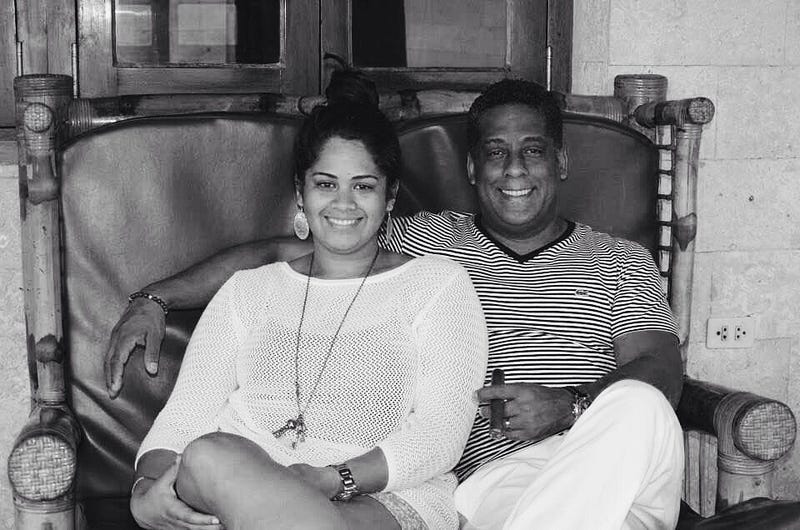
My father was reunited in Miami with my grandmother and aunt, who had come on another ship, and they spent several days in the Orange Bowl, where other refugees were kept, until they found their way to a home in Miami Beach. My family left behind their family, their beloved Varadero and the future they hoped to have in Cuba.
He did not return to Cuba until 1993. Since his return, he has dedicated his life to advocating for the reconciliation between his native and adopted countries. Since, then I have had the opportunity to return to my father’s country of birth and walk on the same streets my family once walked through in Varadero. On July 20th, 2015, I had the privilege of standing beside my father to witness the Cuban flag rising at the Cuban Embassy in Washington D.C., a symbol of my father’s country of origin and my country of birth’s movement towards reconciliation.
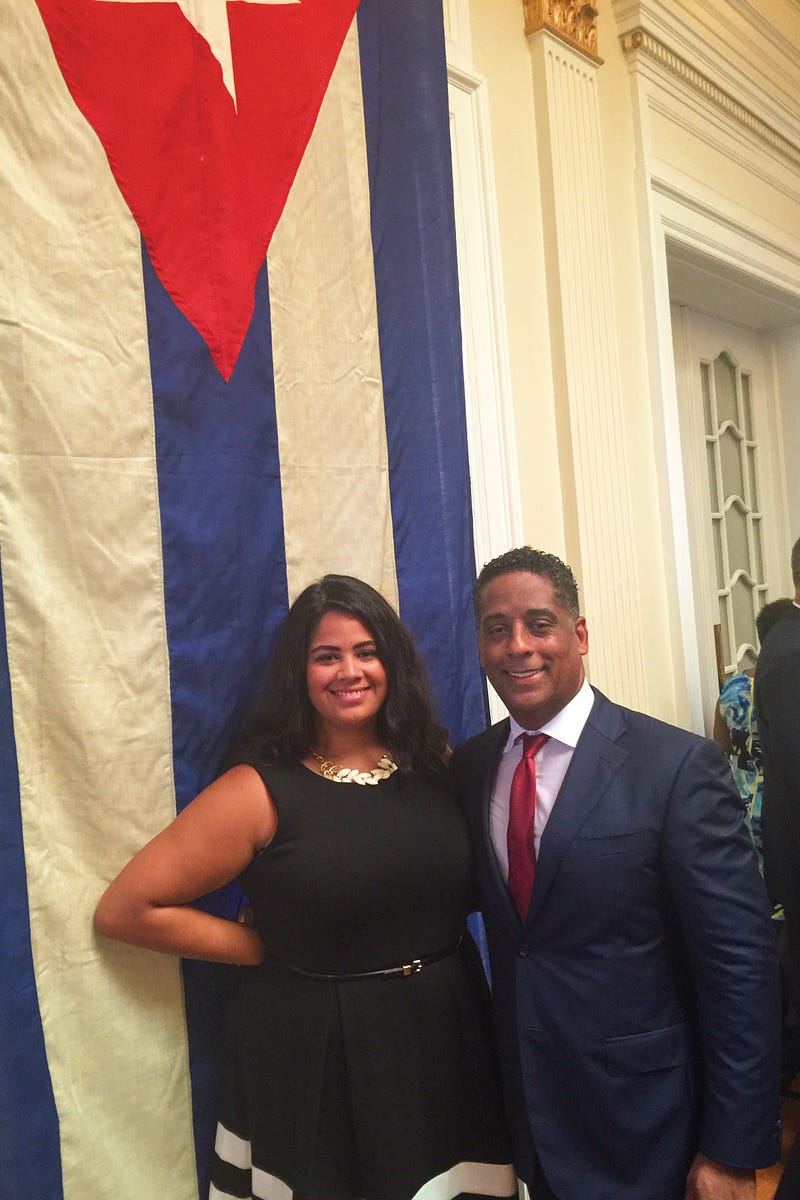
Cuba One is sending peer groups of Cuban-Americans to Cuba to explore cultural heritage, bridge misunderstandings, and take action. Join us for the trip of a lifetime.
Cherie Cancio
Cherie Cancio is a Founder of CubaOne and serves on its Board of Directors as our Program Leader. She's been recognized as a 'Miami Girl' and pursues social entrepreneurship across South Florida.

